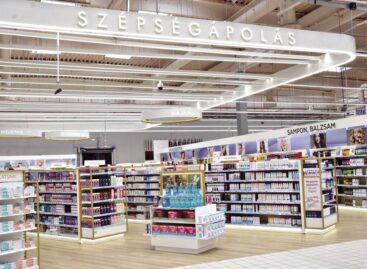There is already one industrial robot for every seventieth worker in the domestic manufacturing industry
Around 1,000 industrial robots are put into operation in Hungary every year, so for every 10,000 workers in the manufacturing industry, well over 100 robots come home. Although this is slightly below the international average, it still surpasses the numbers of several countries in the region. According to one of the domestic experts in the field, in the coming years, an annual expansion of 8-10% in line with global trends can be expected in our country, and the so-called collaborative robots that cooperate with humans will represent an ever-increasing proportion, which not only companies looking for ways to increase efficiency, but also good news for employees.
“We see that the SME sector is finding it increasingly difficult to keep up with the rising cost of labor. The minimum wage increased by 15% from January, and if we consider the official inflation rate of 17.6%, workers can expect an even higher increase in many places. If we add to this the labor shortage affecting many industries, automation seems to be one of the most obvious solutions”,
began András Markos, managing owner of Hesse Trade Kft.
The company, which was originally active in the printing industry, founded its robot business more than a year ago, and in cooperation with integrators, they implement projects related to industrial robots, robotic arms, and automatic forklifts in a wide variety of sectors; because robotization affects all sectors, even if not equally. In a 2018 study, McKinsey&Company already calculated that 82% of the tasks of production workers in Hungary can be automated, and this ratio is 74% in the field of material handling and transportation. According to András Markos, robots will not transform domestic workplaces to such an extent within the foreseeable future, but they will appear in all industries in the next 5 years, mainly because automation is also among the basic expectations in the current EU support cycle.
Related news
The talking digital financial assistant is already available for SMEs
Kate, K&H’s digital financial assistant, has been helping small and…
Read more >Mother’s Day: expert tips for mother-entrepreneurs
Women still have to meet conflicting expectations regarding starting a…
Read more >Related news
FAO: global food prices increased for the second month in April on a monthly basis
In April, global food prices rose for the second month…
Read more >Beauty care travels at breakneck speed
Beauty care is one of the fastest growing markets in…
Read more >The solvency of Hungarians has improved again, but it may be too early to rejoice
At the beginning of this year, the solvency of Hungarians…
Read more >







